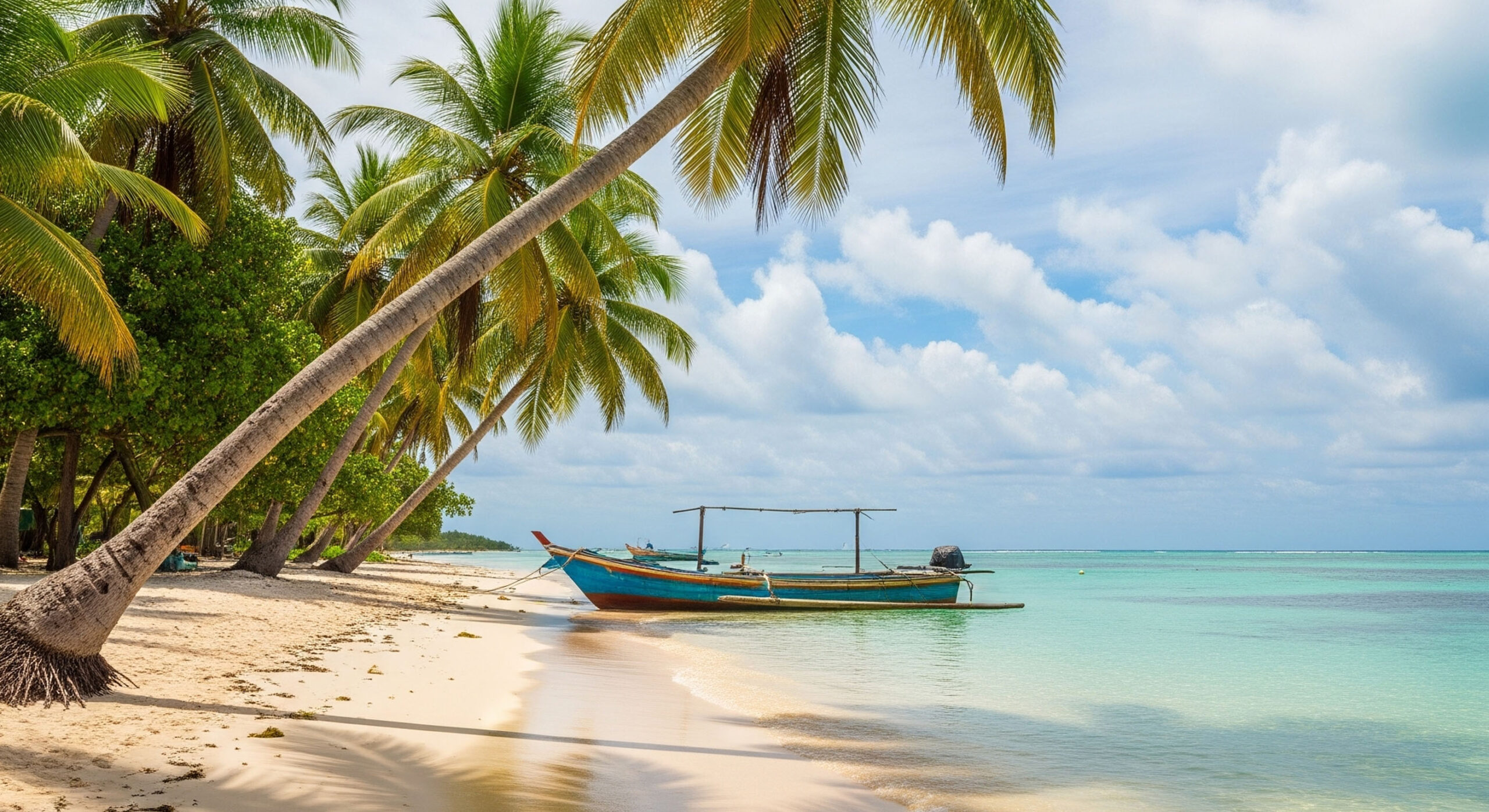Bali, often referred to as the Island of the Gods, is not just famous for its breathtaking beaches and lush green rice terraces. What makes Bali truly unique is its rich culture, deep spiritual traditions, vibrant arts, and warm-hearted people. Balinese culture is a living tradition, deeply rooted in Hindu beliefs, community values, and harmonious living with nature.
Religion and Spiritual Life
The majority of Balinese people practice Balinese Hinduism, a blend of Hindu beliefs and local animistic traditions. Every aspect of daily life in Bali is influenced by religion. You will find temples in every village, home shrines in every house, and daily offerings called “canang sari” placed on streets, altars, and even on vehicles. These offerings are a symbol of gratitude to the gods and spirits.
Some of the most famous temples in Bali include:
- Pura Besakih – the Mother Temple of Bali, located on the slopes of Mount Agung.
- Tanah Lot – a stunning sea temple set on a rock formation.
- Uluwatu Temple – perched on a cliff with sunset views and traditional Kecak dance performances.
Traditional Arts and Dance
Balinese people are known for their love of art and performance. From a young age, children learn to dance, play traditional instruments like gamelan, and practice crafts like painting, wood carving, and weaving. Balinese dance is more than entertainment—it is a form of worship and storytelling. Popular traditional dances include:
- Legong Dance – a graceful and refined dance usually performed by young girls.
- Barong Dance – a mythical battle between good (Barong) and evil (Rangda).
- Kecak Dance – a dramatic performance involving chanting, fire, and mythology.
Balinese Architecture and Village Life
Balinese architecture is deeply spiritual. Homes and temples are built according to Asta Kosala Kosali, a traditional system similar to Feng Shui, which dictates spatial harmony. In rural areas, Balinese people live in family compounds where several generations stay together. The village, or “banjar”, plays a vital role in organizing social and religious activities.
Ceremonies and Festivals
Bali hosts thousands of ceremonies each year. Some important ones include:
- Galungan and Kuningan – celebrating the victory of good over evil.
- Nyepi (Balinese New Year) – a day of complete silence and self-reflection.
- Melasti – a purification ceremony before Nyepi, where sacred objects are brought to the sea.
During these ceremonies, the streets come alive with colorful offerings, traditional music, and processions.
Cuisine and Daily Life
Balinese cuisine is rich in flavor, with dishes like:
- Babi Guling (roast pig)
- Ayam Betutu (spiced chicken)
- Lawar (vegetable and meat mix with rich spices)
Rice is the staple food, and meals are often enjoyed with family and friends. Hospitality is a key part of Balinese culture, and visitors are usually welcomed warmly.

